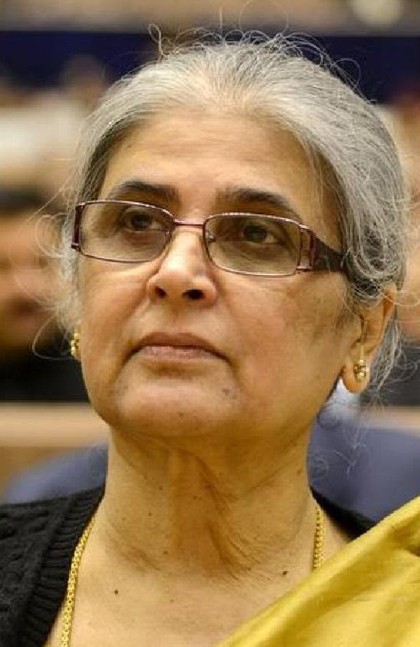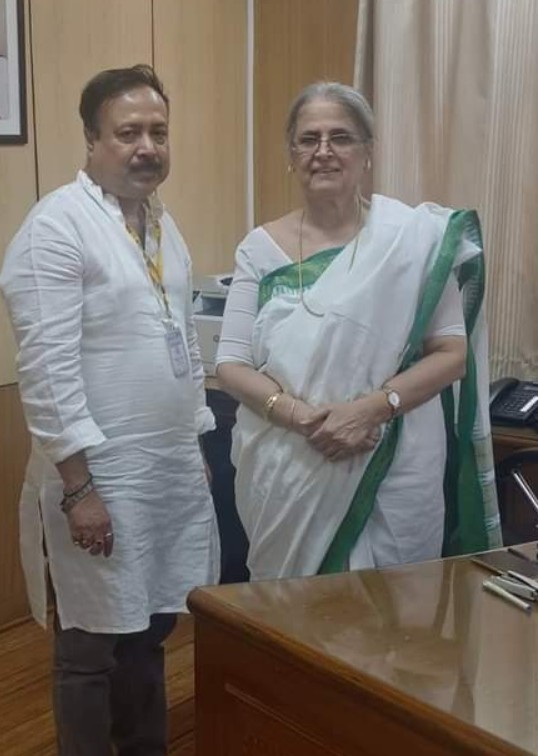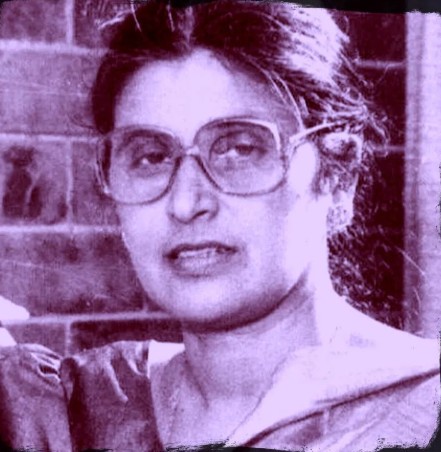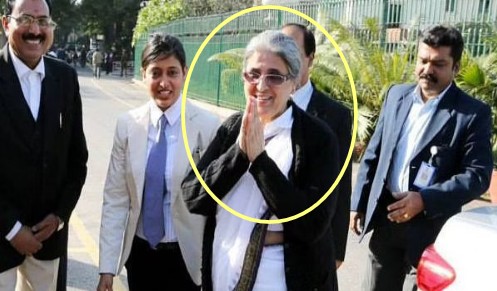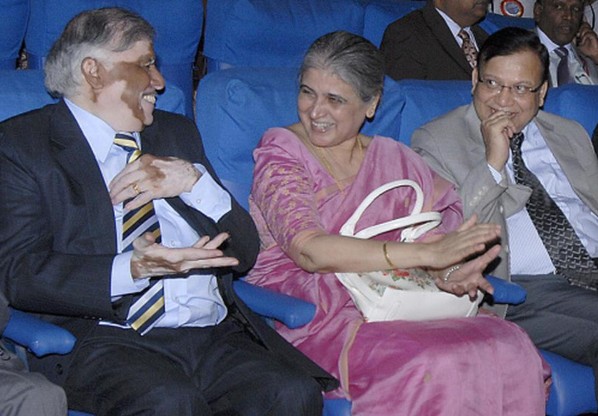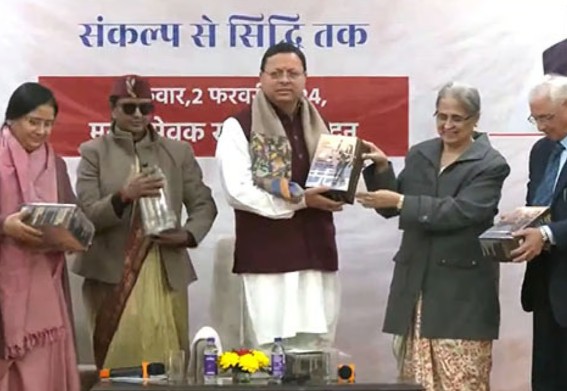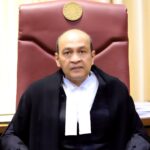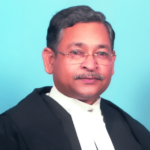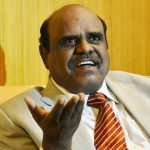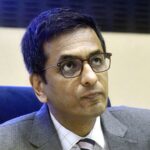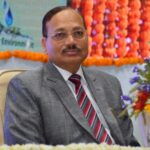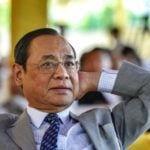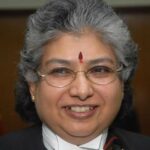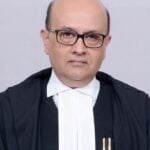Ranjana Desai Age, Husband, Children, Family, Biography
| Bio/Wiki | |
|---|---|
| Full Name | Ranjana Prakash Desai |
| Profession | Former Supreme Court Judge |
| Physical Stats | |
| Eye Colour | Black |
| Hair Colour | Salt & Pepper |
| Career | |
| Major Designation(s) | • 1996–2011: Judge of the Bombay High Court • 2011-2014: Judge of the Supreme Court of India |
| Medal | Bar Council Gold Medal (1973) |
| Personal Life | |
| Date of Birth | 30 October 1949 (Sunday) |
| Age (as of 2025) | 76 Years |
| Birthplace | Mumbai, Maharashtra, India |
| Zodiac sign | Scorpio |
| Nationality | Indian |
| Hometown | Mumbai, Maharashtra |
| School | Balmohan Vidyamandir, Shivaji Park, Mumbai, Maharashtra |
| College/University | • Elphinstone College, Mumbai • Government Law College, Mumbai |
| Educational Qualification(s) | • Bachelor of Arts (BA) from the Elphinstone College, Mumbai (1970) • Bachelor of Laws (LLB) from the Government Law College, Mumbai (1973) |
| Religion | Hinduism |
| Relationships & More | |
| Marital Status | Married |
| Family | |
| Husband/Spouse | Prakash Desai (doctor) |
| Children | Son- Mike Desai (lawyer) |
| Parents | Father- Shamrao Samant (criminal lawyer) Mother- Sharayu (homemaker) |
| Siblings | Sisters- 2 • Rekha Pandya (doctor) • Kirti Gupte |
| Other Relatives | Maternal Grandfather- TN Walavalkar (lawyer) |
Some Lesser Known Facts About Ranjana Desai
-
Her mother, Sharayu Desai, was a graduate in Western Philosophy from Wilson College in Bombay.
-
After finishing her law degree, Ranjana Desai wanted to be a lawyer. However, her father, Shamrao Samant, did not agree, and this made Ranjana sad.
-
Her father was very protective and said that she would find it hard to deal with the people he met at work.
-
He suggested that she should go to the London School of Economics instead of becoming a lawyer.
-
Ranjana Desai once went to court with her father, but he did not want her to come along. This made her very upset. At that time, her mother, Sharayu, supported her and encouraged her to continue pursuing law.
-
After that, she went to the Bar Council on her own, completed all the necessary documentation, and received her ‘sanad,’ a legal license from the Indian government to practice law.
-
During this time, her maternal grandfather, TN Walavalkar, was a lawyer at the Bombay High Court, and other family members on her mother’s side, including uncles and cousins, were also practising law.
-
After Ranjana Desai got married, her father-in-law told her to focus on managing the family property, but her mother-in-law encouraged her to continue her legal career.
-
When her father disagreed, her mother advised her to work in the office of her cousin, Barrister Malati Patil, who had left India and shifted to the USA.
-
Ranjana Desai started her career in a small room on the 4th floor of the Yusuf Building in Fort, Bombay.
-
Her first client asked her to file a bail request for someone who had stayed in India for too long. He offered her a fee of Rs. 35, and she received her first case. However, the Magistrate did not approve the bail request.
-
This client later asked her if she could take the case to the High Court. She agreed, and her fee was increased to Rs. 45.
-
Ranjana Desai appeared before Justice SK Desai in the Bombay High Court and made her argument. The judge granted bail to her client. This was the start of her career as a lawyer.
-
After this, she attended many court sessions with her father and helped him, but she did not work in his office.
-
Once, while arguing a civil revision case before Justice Apte, Justice S.C. Pratap, who was then a lawyer, was present in court.
-
That evening, Ranjana Desai got a call from Justice Pratap, who said he might become a judge soon and asked if she would join his chambers.
-
She agreed and became an advocate on 30 July 1973.
-
Ranjana Desai started practising law, working in the chambers of S.C. Pratap, before he became a judge at the Bombay High Court.
-
During this time, she also worked with her father, Shamrao Samant, who was a criminal lawyer.
-
Justice Ajit Shah, who later became Chief Justice of the Delhi High Court, was her colleague while she worked in S.C. Pratap’s chambers.
-
In 1979, Ranjana Desai was appointed as an Assistant Government Pleader in the Bombay High Court for the Maharashtra government.
-
In 1983, she started working as an Assistant Government Pleader and Additional Public Prosecutor for Maharashtra.
-
When she was expected to become an Additional Government Pleader, someone junior to her received the opportunity. She felt hurt and wrote a resignation letter.
-
Before she gave the letter, Ranjana Desai got a call from VR Manohar, the then Advocate General of Maharashtra. He said that he had heard about her resignation and wanted to talk. She said that she felt humiliated. He advised her,
Ranjana, this is our society. Mindsets will never change. Please do not tender your resignation. I see a great future for you.”
-
VR Manohar did not want her to resign. His advice proved true when she became the Government Pleader of the Appellate Side.
-
In 1986, Ranjana Desai was designated as a Special Public Prosecutor for Maharashtra in cases about preventive detention.
-
In 1995, she started working as the government pleader in appeals at the Bombay High Court.
-
On 15 April 1996, Ranjana Desai was appointed as an additional judge at the Bombay High Court. She served in the position for two years.
-
On 12 April 1998, she became a permanent judge at the Bombay High Court. She served in the position till 2011.
- On 13 September 2011, Ranjana Desai became a judge at the Supreme Court of India. She worked there until 2014.
-
She became the fifth woman to be a Supreme Court judge in India.
-
On 8 May 2012, a Supreme Court bench including Ranjana Desai and Altamas Kabir directed the government to stop the Hajj subsidy by 2022.
-
On 27 September 2013, Ranjana Desai was part of a three-judge group that announced that voters should have the option to choose ‘none of the above’ (NOTA) in elections.
-
The group included Chief Justice P. Sathasivam, Justice Desai, and Justice Ranjan Gogoi.
-
The court said that allowing voters to choose NOTA in elections would help change the system, as it would push political parties to choose honest and clean candidates to get votes.
-
On 1 December 2014, Ranjana Desai became the chairperson of the Appellate Tribunal for Electricity. She worked in the position till 29 October 2019.
-
In 2018, she started working as the chairperson of the Advance Ruling Authority (Income Tax). She served in the position till 29 October 2019.
-
On 28 September 2018, the Government of India appointed a group of eight people, headed by Ranjana Desai, to select the new chairperson and members for Lokpal, India’s anti-corruption agency.
-
The group gave its suggestions on 28 February 2020.
-
On 13 March 2020, she was appointed as the chairperson of the Delimitation Commission of India, which sets the boundaries for election areas based on population to make sure everyone is fairly represented.
-
On 28 May 2022, Ranjana Desai started working as the head of the Uttarakhand committee for a Uniform Civil Code (UCC).
-
On 17 June 2022, she was designated as the chairperson of the Press Council of India, which looks after media matters.
- Once, in a media conversation, Ranjana Desai remembered that as a child, she and her sisters never went outside Bombay for vacations. She once asked her mother when they would go to Delhi. Her mother looked at her and said,
You must go to Delhi only if the President calls you. Go, do your work.”
- Later, after many years, when she received the news of her promotion to the Supreme Court, she remembered her mother’s inspiring words.
-
On 28 October 2025, Ranjana Desai was appointed as the Chairperson of the 8th Central Pay Commission in India.

